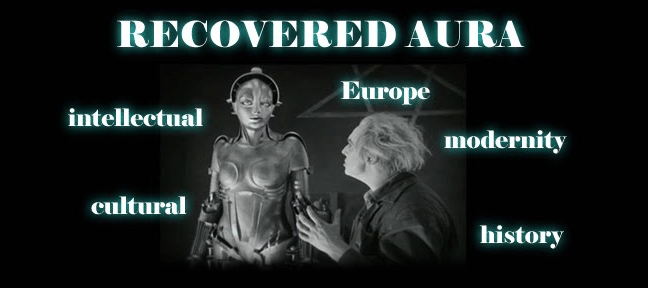First, please note the updated (shorter) page assignment on the on-line syllabus (http://diva.sfsu.edu/users/Benjamin.Martin/courses/14103).
Second, remember to write a response to one of these questions to turn in on Wednesday evening.
................
1. What is Faust's situation as the story begins? He seems to be very "enlightened," but not very happy about it. Why is that?
2. What stops him from killing himself (that's what the crystal bowl is for, p. 119)? What effect does the little world of village life on Easter have on him?
3. Read carefully Mephisto's self description (159ff). What forces in modern life are like him, which "would do evil..., and yet creates the good"?
4. Read carefully Faust's impatient explanation of what he really wants from Mephisto ("Do you not hear...," 189). What is it, really, that he is willing to sell his soul for? Money, power, sex? Or something more.... How can we characterize this thing he wants?
5. Why is Faust attracted to Margaret? Isn't she sort of small time for someone with his new Devil-given powers?
6. Make sure you follow the story Gretchen's friend Lieschen tells her. Similarly, what is Gretchen's brother Valentine so angry about? What kind of community is this little village world, after all?
7. Gretchen goes to church in her hour of need; what kind of experience does she have there? (pp. 355ff)
8. Why won't Gretchen let Faust save her? What does this suggest about the differences between the two of them?
9. Optional (regarding pp. 431-469): Faust has decided to turn his enormous energies on a kind of massive civil engineering project, hemming in the sea and building a new port, new cities, etc. Why is he so obsessed with getting the last piece of land from the old couple (Baucis and Philemon)?
10. Faust dies in a moment of ecstasy and satisfaction with his work (p. 469). What is it that makes him satisfied? What is the moment that he wishes would stay...?
Sunday, February 7, 2010
Subscribe to:
Post Comments (Atom)

No comments:
Post a Comment